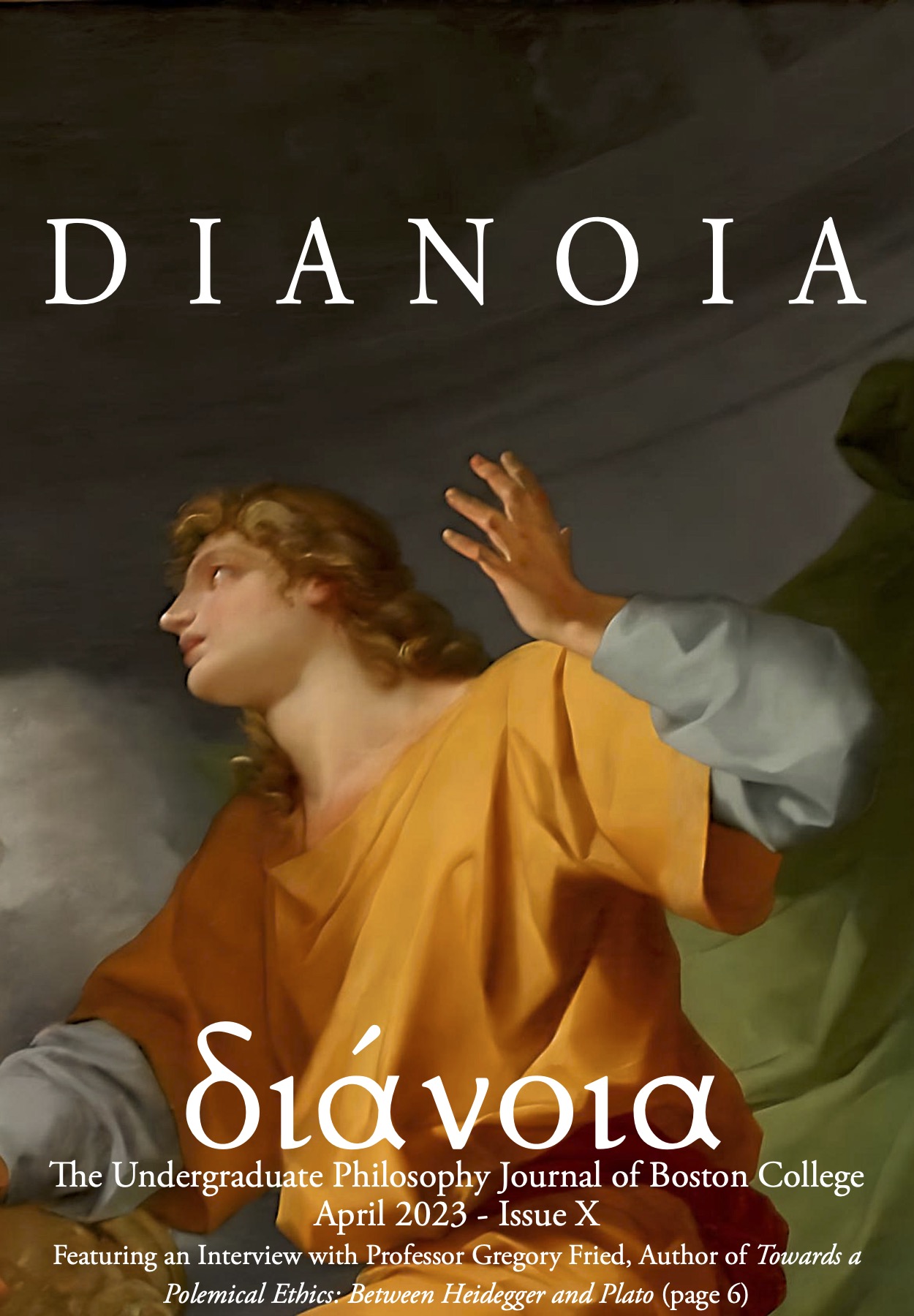A Superior Natural Law Theory in the Works of Johannes Althusius
DOI:
https://doi.org/10.6017/dupjbc.v0iX.16599Abstract
Johannes Althusius, a German legal theorist and political thinker in the early 1600s, attempts in his Politica to create a chain of increasingly large communal associations that could constitute a universally applicable political order. He founds this system on a natural law theory of behavioral guidelines. Many elements of his body of work, from its federalist structure to the granting of a right of sovereignty to the people, bear marks of an early connection to modern Western thought meriting further exploration. Upon close inspection, the natural law theory at play in Politica also contains oddities and inconsistencies worthy of note. His Theory of Justice, a work on law and ethics, contains a similar theory with slight yet significant variations at the core level. Ultimately owed to weaknesses in the derivation of duties to self and a lack of evidence for the reasoning of the hierarchy of duties to others in Politica, the Theory of Justice model, though not without its own internal inconsistencies in the moral authority of positive law, is found to present a more philosophically sound model.
Downloads
Published
How to Cite
Issue
Section
License
Copyright (c) 2023 Trustees of Boston College

This work is licensed under a Creative Commons Attribution 4.0 International License.
Please navigate to the Copyright Notice page for more information.

